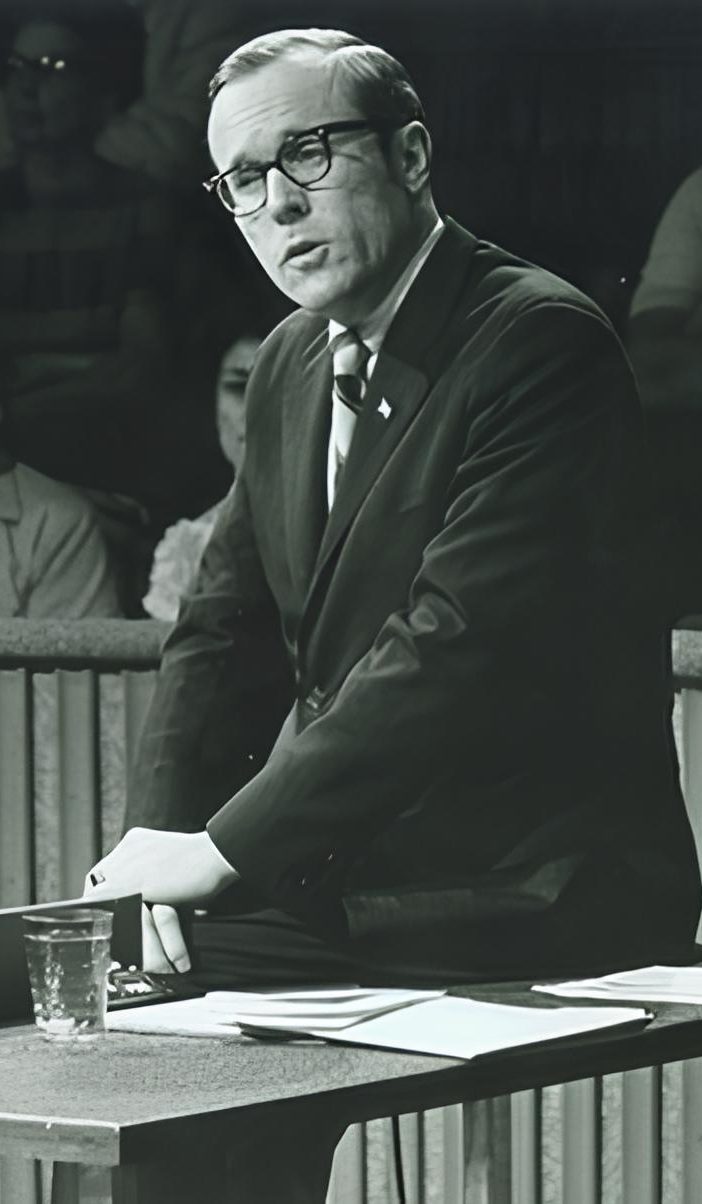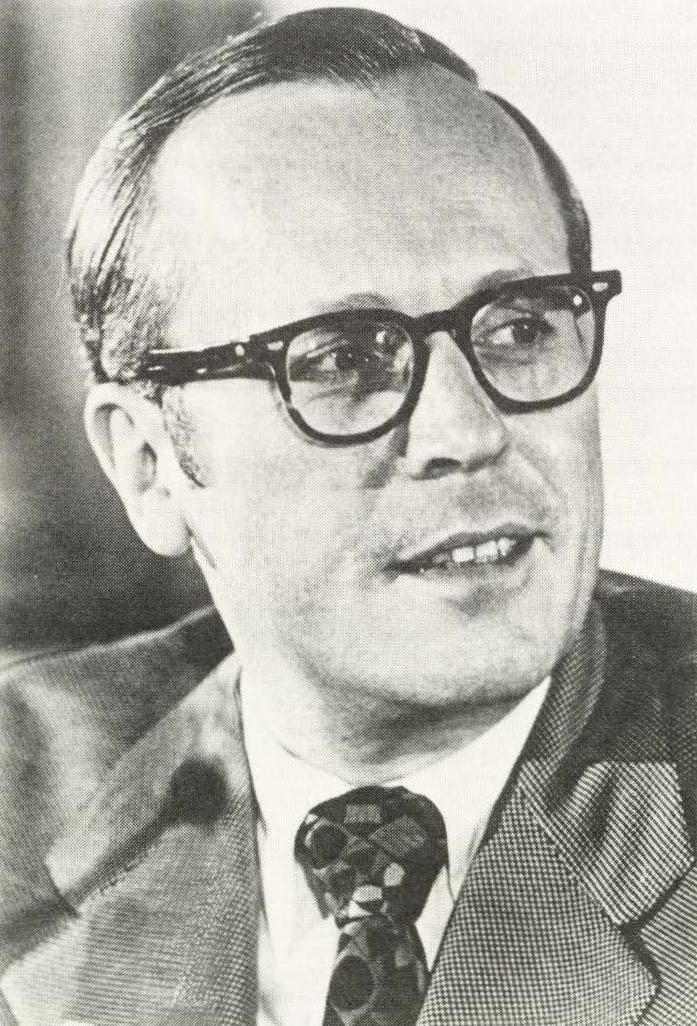What is Conservatism?
Conservatives in America seek to conserve the political inheritance of our Founders. That inheritance is a system of governance premised on the unchanging nature and God-given sovereignty, equality, and rights of all individuals. Government is instituted by individuals to protect those rights and to allow for their free exercise wherever and whenever possible for the benefit of society.
Our Founders understood that the principal problems of mankind are permanent, not temporary. Three principal areas of policy that reflect this understanding are:
- There will always be belligerents. Defending the borders and policing the streets are the first business of government.
- People differ in skills, desires, attitudes, and goals. Free markets are the best way to allocate resources amongst them.
- Raising children will always be profoundly difficult. Thousands of generations of human history have proven that nuclear families are critical to child rearing and necessary to a functioning society.
*****
More broadly, Mr. Rusher defined conservatism as follows in his Final Column on March 3, 2009:
“Conservatism is essentially an analysis of social problems from the standpoint of a particular understanding of human nature. As long as that understanding continues essentially unchanged, the ways of dealing with those problems will remain basically unchanged.
.
What is that understanding? Conservatives believe that people are designed to pursue their own best interests and that the job of society is to make sure that, as far as possible, the pursuit of those interests conduces to the benefit of society as a whole. Happily, it tends to do so.”
The Project
The William A. Rusher Centennial Project aims to produce substantive intellectual media that, rooted in Mr. Rusher’s work, pushes today’s conservative movement to adopt a more coherent philosophy, a stronger coalition, and a more effective set of political and legal strategies.
In short, the Project aims, as Mr. Rusher aimed, to get more votes for conservatism. And in so doing, it aims to inspire respect and enthusiasm the way Mr. Rusher did, while fighting effectively, confidently, and cheerfully for the conservative views he articulated.
Those views, rooted in Locke and Burke, and founded in the Declaration of Independence, are not necessarily those views often misidentified today as “conservative.” The Project seeks to advance and to adapt Mr. Rusher’s views — in line with his legacy — so that they have broad resonance and appeal in the current political environment.


About Bill
William A. Rusher, a significant figure in the conservative movement, made notable contributions as the publisher of National Review. He played a pivotal part in organizing conservatives and was instrumental in the founding of the Goldwater for President movement.
During the 1970s, Rusher was a central figure in bringing together conservative voters. Known for his unwavering advocacy of limited government and conservative values, Rusher’s strategic insight and steadfast commitment earned him profound respect.
His impact continued until his passing in 2011, leaving behind a lasting legacy as a trailblazer who played a crucial role in shaping the landscape of modern American conservatism.
Columns by Mr. Rusher
Mr. Rusher began his column, “The Conservative Advocate,” in 1973. Syndicated to hundreds of newspapers around the country, he wrote nearly 6,000 columns until his final column in 2009. But perhaps the size of the circulation matters less than who the readers are. Republican leaders, and those who wanted to know what was influencing the thinking of high-ranking Republicans, read Rusher’s column religiously.
The name “The Conservative Advocate” stemmed from Mr. Rusher’s role as one of two debate combatants in PBS’s “The Advocates.” On that set, Mr. Rusher and USC Law professor Howard Miller would joust about the issues of the day, one the Conservative Advocate, the other the Liberal Advocate. The format gave rise to CNN’s “Crossfire” program that began in 1982 and continued for the better part of three decades.
Rusher’s columns, along with approximately 94,500 items comprising over 100 feet of shelf space, can be found at the Library of Congress. A “Finding Aid” from the Library is here:
Other Relevant Articles
The William A. Rusher Centennial Project aims to produce substantive intellectual media that, rooted in Mr. Rusher’s work, pushes today’s conservative movement to adopt a more coherent philosophy, a stronger coalition, and a more effective set of political and legal strategies.
Rusher at 100: Realism for the 21st Century
(June 23, 2023—revised December 21, 2023) William Rusher, a dynamic force on the American right who passed away in 2011 after decades as comrade and...
Book Presentation: “If Not Us, Who?” by David B. Frisk
Click to watch the presentation of "If Not Us, Who?" by David Frisk to the Heritage Foundation in Washington DC on C-SPAN. David Frisk's book, If...
Bill’s Biography
William Rusher was an influential political strategist, commentator, and debater at the heart of the conservative movement in the second half of the...
Further Resources
The legacy of Bill Rusher is extensive and his contributions to political thought are immense. Below you can explore some of his works, and learn more about the impact he made on our country as we know it today.
Bill's Collection at the Library of Congress
"If Not Us, Who?" by David Frisk
Bill's Books Available on Amazon
“The Truth Shall Prevail”
Bill would often end his talks with this quote, which speaks to the strength of his vision and the source of his hope even in difficult times:
”For want of me the world’s course will not fail.
When all its work is done the lie shall rot.
The Truth is great and shall prevail,
When none cares whether it prevail or not.”
– Coventry Patmore, Magna est Veritas
Confidence that the Truth shall prevail, and the tireless effort to pursue it, sums up the life, and legacy, of Bill Rusher.


